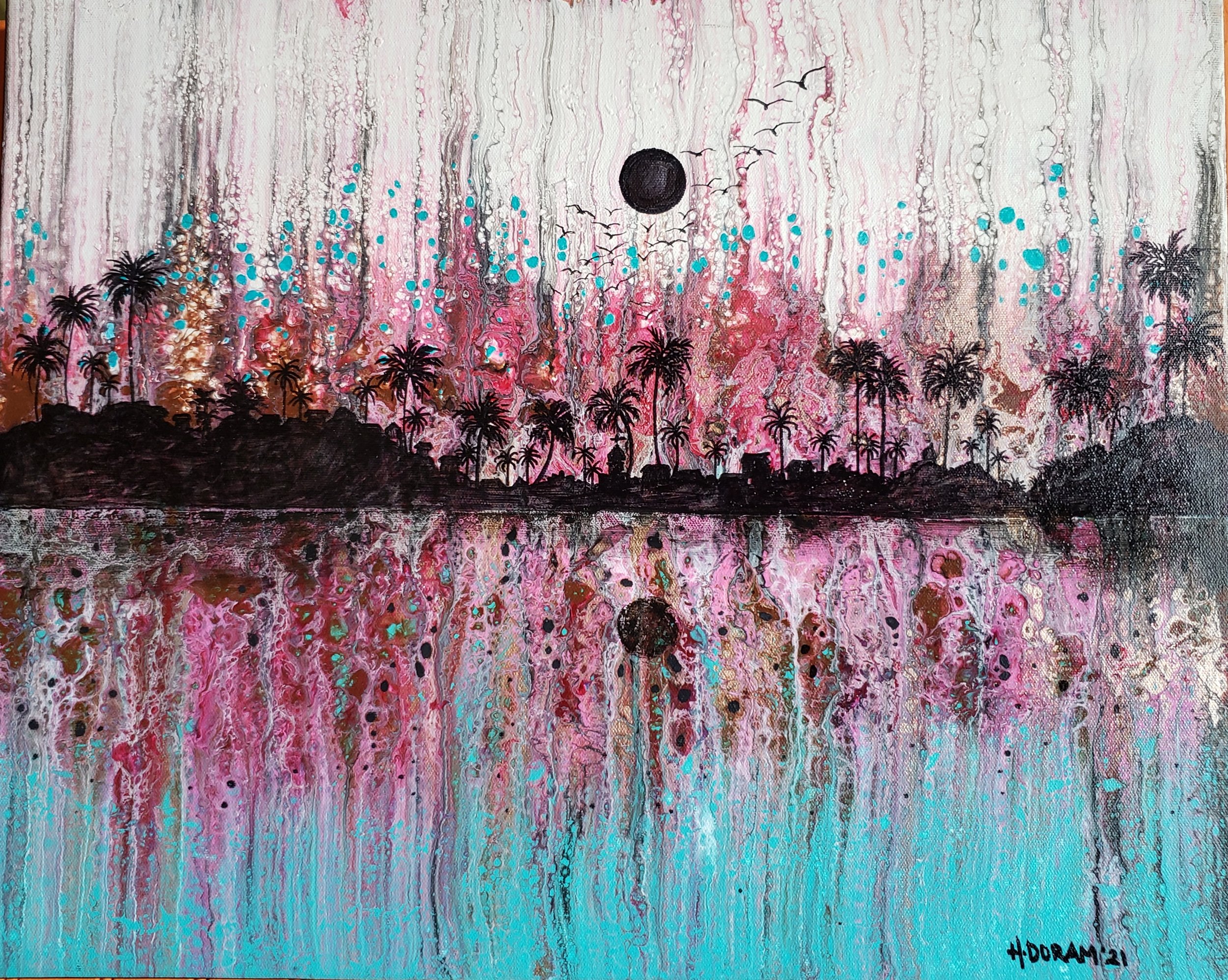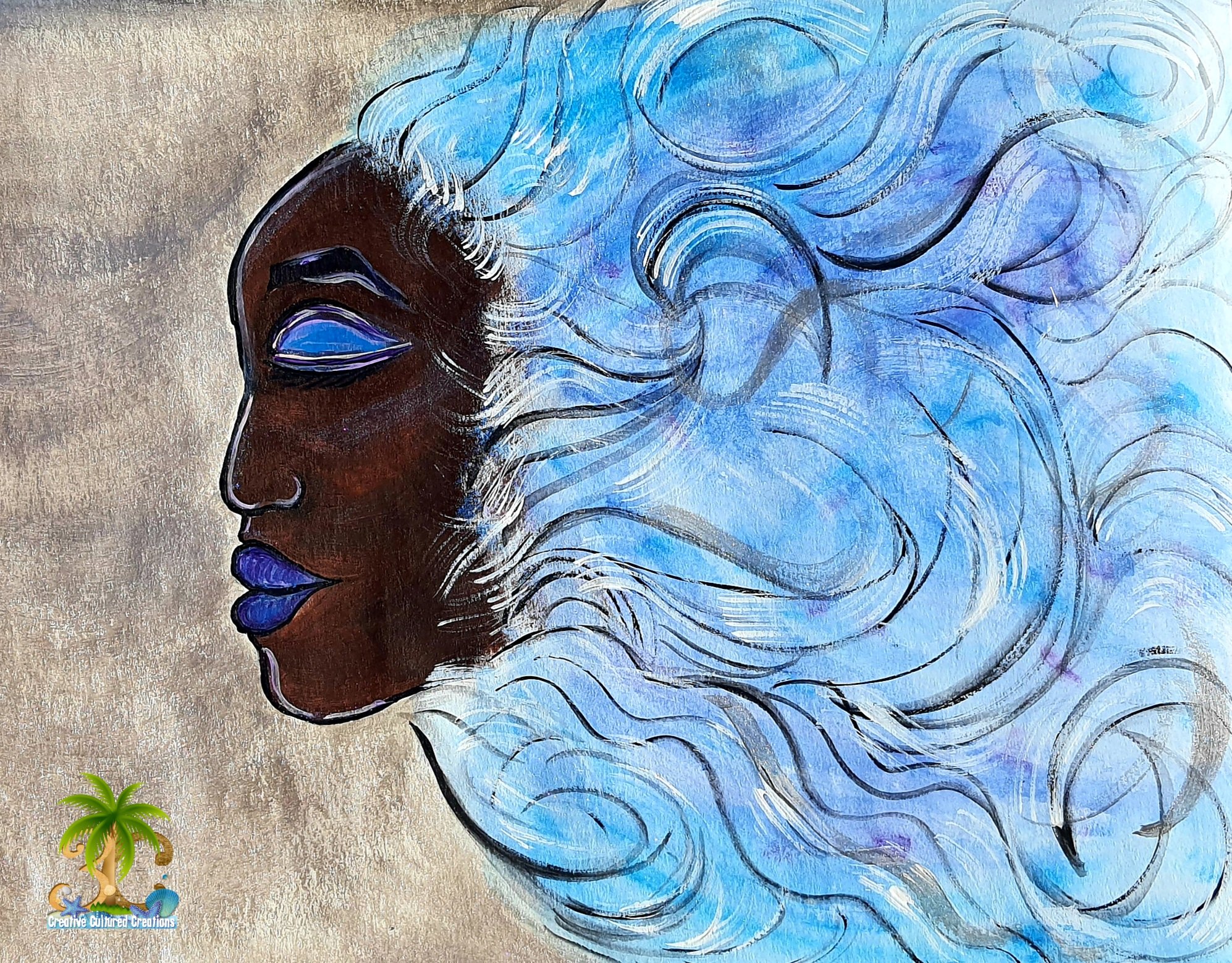
Owning Your Own
Home on the Waves
I grew up in the little apple. At least that's the English translation of the town Manzanilla. To get there you'd have to go to the far east of the island.

Queer in Nature
Who am I?
For as long as I can remember, I have always asked myself who I am, but it has always taken time to think of an answer that would define me.

Black in Environment
Goddess of Wind
The Goddess of Wind is one of four pieces entitled “Goddesses of Nature” created with acrylic paint.
Owning Your Own
Moving away from ownership of the environment in a capitalist sense and moving toward ownership that focuses on communal responsibility has been proposed to be more effective in protecting the local environment from degradation due to historical and social connections to land.
Filter
- Antigua and Barbuda
- AntiguaandBarbuda
- Articles
- Artist-in-Residence
- Ayiti
- Barbados
- Barbuda
- BlackFeminisms
- Carnivalbodies
- Cherie Jones
- Cli-fi
- Climate Justice
- Decolonization
- Dominica
- Environmental Justice
- Grenada
- Guadeloupe
- Guyana
- Haiti
- How the One-Armed Sister Sweeps her House
- Jamaica
- Jamaica Kincaid
- Kei Miller
- Kweyol
- La Soufriere
- Land Theft
- Mashramani
- Palestine
- Queeribbean
- Read Caribbean
- ReadCaribbean
- ReadCaribbeanMonth
- St Kitts
- St Vincent & the Grenadines
- St. Lucia
- St. Vincent and the Grenadines
- The Bahamas
- The Last Warner Woman
- Transnational Feminism
- TrinidadandTobago
- Venezuela
- Volcano
- acrylic
- afroindigenous
- antiguaandbarbuda
- art
- artivism
- book review
- bordercrossing
- caribbean film

BECOME A CONTRIBUTOR
We’d love to hear from you! You can contribute to the work of Intersect by submitting a Caribbean/Queeribbean feminist essay, story, poem, or art piece, including photography. Ready for some feminist advocacy and activism? Learn about our current projects and let us know how you’d like to volunteer to agitate for transformative justice in Antigua and Barbuda and the wider Caribbean.









…efforts are being made by the government of Antigua to dissolve communal land relations and to institute privatized land ownership to make way for eco-tourism and other development initiatives. This, as Naomi Klein asserts in The Shock Doctrine, is characteristic of disaster capitalism.